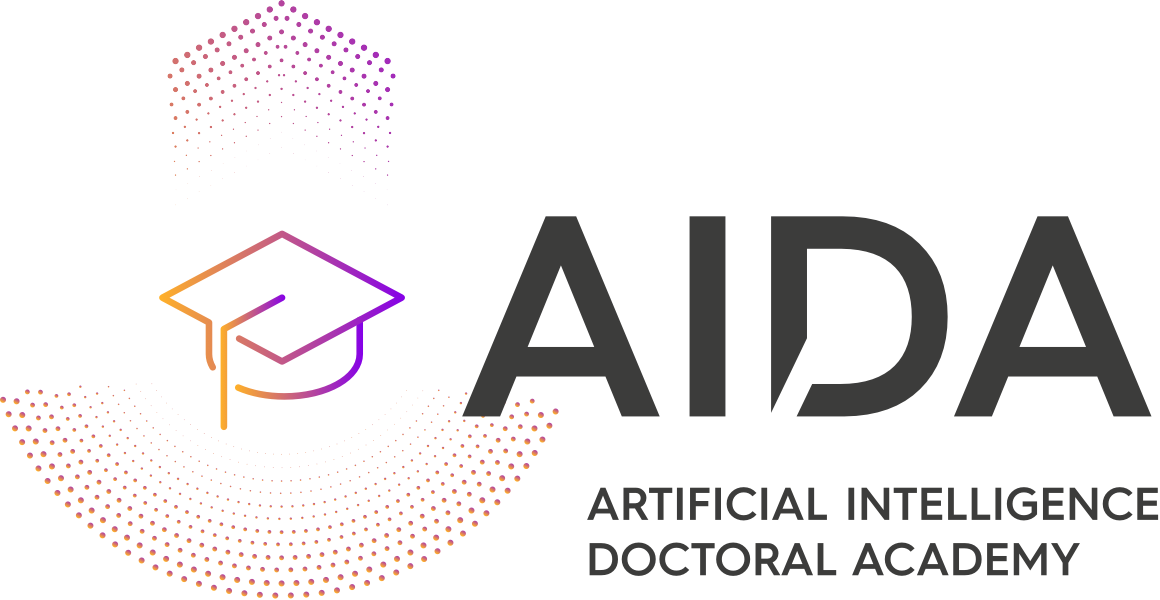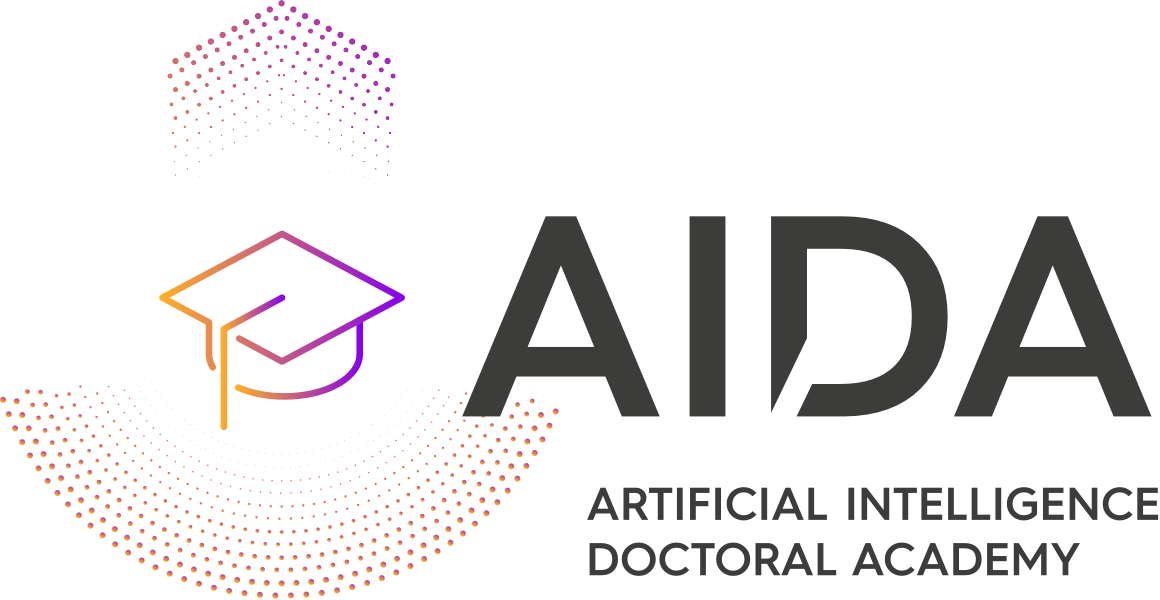This lecture overviews the use of deep learning-based methods and algorithms for supporting human workers in industrial environments. Deep learning algorithms are increasingly employed in the industrial sector, primarily as a part of advanced systems (e.g., intelligent machines/robots), since they offer effective and reliable solutions for ensuring human workers’ safety and reducing their stress, as well as for increasing the efficiency of the required infrastructure inspection and maintenance activities. In this direction, deep learning techniques can be used to monitor human workers and issue warnings in cases of dangerous behaviors while simultaneously ensuring their privacy, facilitate human worker-robots/machines collaboration, and automate the inspection and maintenance activities by autonomously detecting objects of interest (e.g., damages) and/or recognizing dangerous events/situations. The lecture will offer: a) a brief introduction on the most important deep learning tools (Multi-Layer Perceptrons, Convolutional Neural Networks, Transformers, etc.), b) an in-depth analysis on how these tools are used to develop algorithms for object detection, image segmentation, human pose estimation, and human gesture recognition, and c) real-world application examples in two industrial settings: industrial pipeline inspection and electric power infrastructure inspection.
Lecture by Dr. Christos Papaioannidis.



 Back
Back



